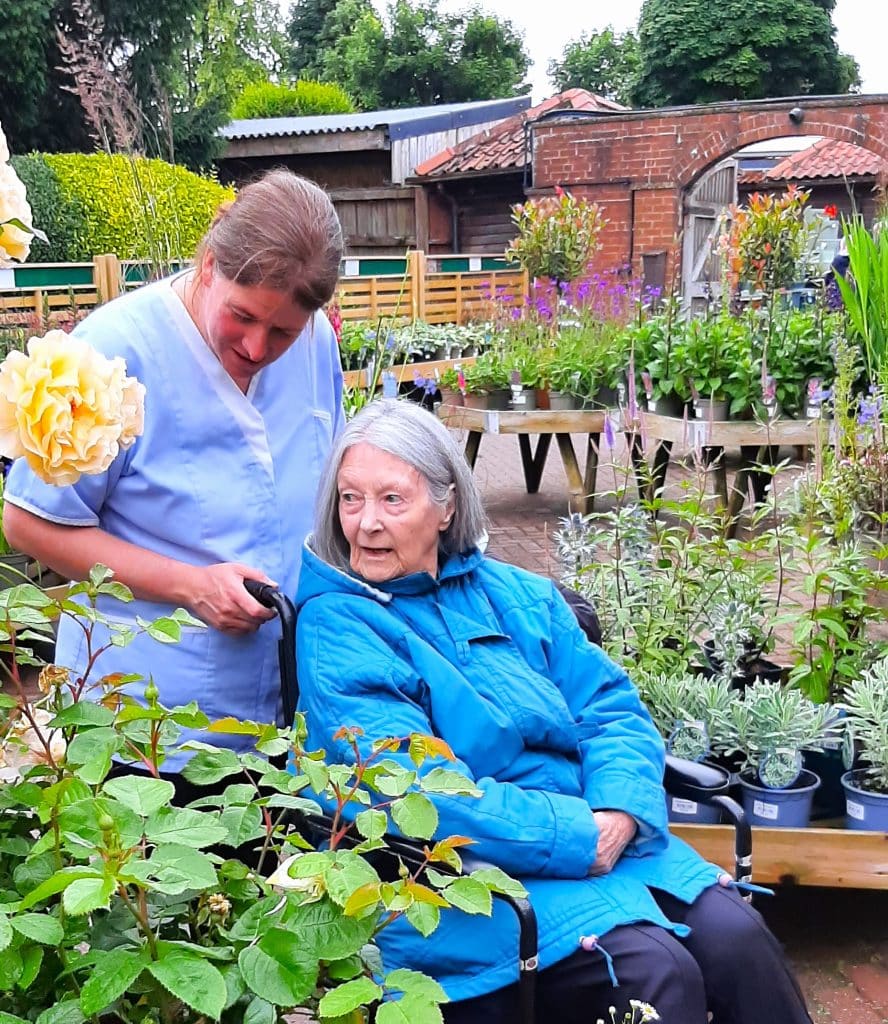

The care staff are lovely, considerate and respectful. They're always popping in when passing my room to see if I'm ok. I like going to the dining room for meals, but mostly to sit and chat! I love going to the knitting club because I used to knit a lot before I moved in.
MelvaResident, Chapel Lodge
Visit our dedicated careers page to see how you could become part of our team.
View all vacancies